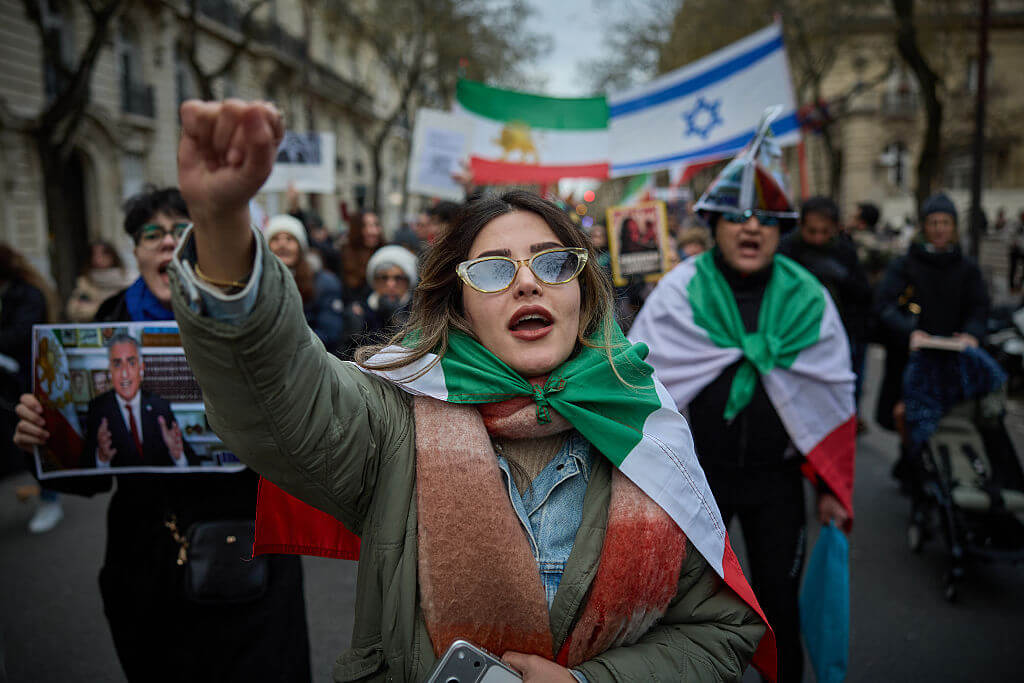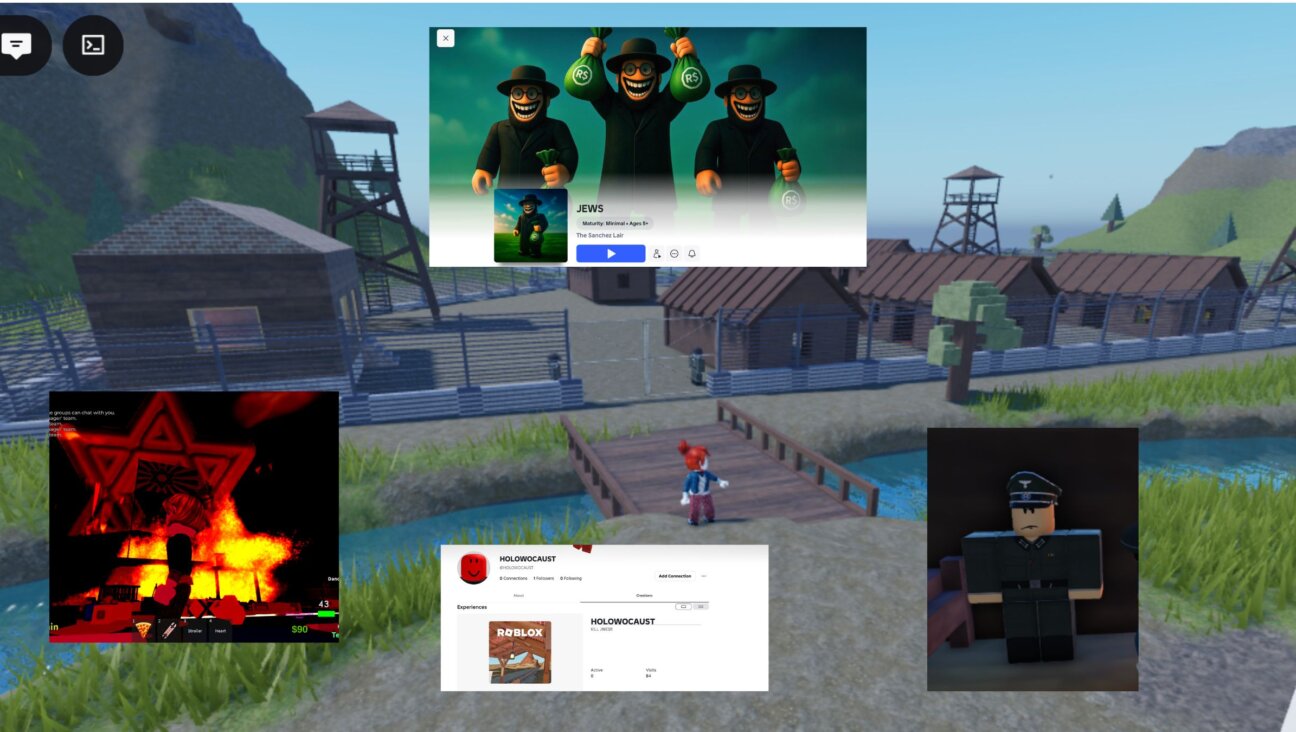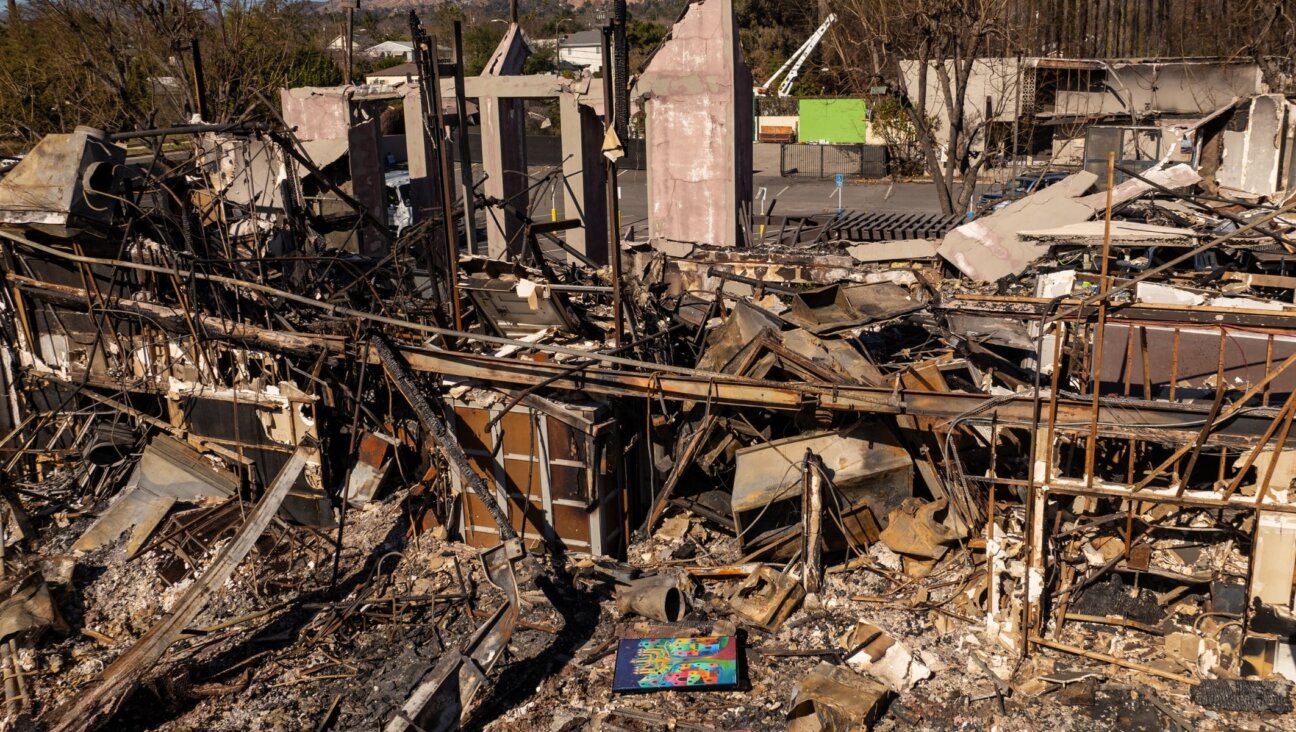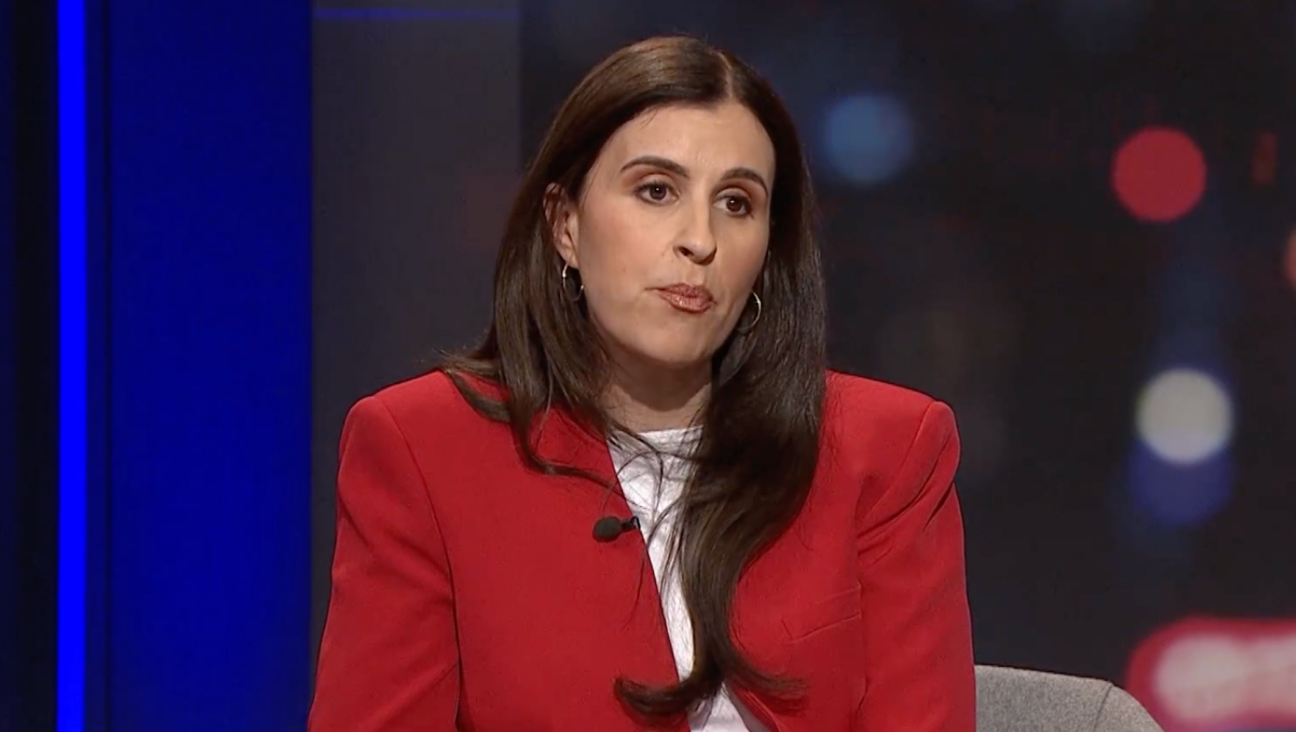The U.S. Capitol couldn’t withstand a far-right mob. Can synagogues?

Trump supporters clash with police and security forces as they push barricades to storm the US Capitol in Washington D.C on January 6, 2021. Image by Getty Images
The storming of the U.S. Capitol — ostensibly one of the most secure buildings in Washington, D.C. — underscored the difficulty of stopping an angry crowd dead set on entering any facility. It was a stark illustration of the struggle to secure Jewish institutions that could be the targets of those who share the same ideology as some of the protesters who attacked the Capitol on January 6.
“How do you stop a determined mob?” asked Doug Parisi, a former police academy commander. “The answer is really you can’t.”
Most recent violence against American Jewish facilities, such as the mass shootings in Jersey City, Poway, Pittsburgh, and the Kansas City JCC, has been the work of one or two individuals. But large crowds, which often break off from unrelated demonstrations, have also posed a danger to synagogues.
Far-right demonstrators at the “Unite the Right” rally in Charlottesville four years ago marched by a local synagogue, shouting insults and forcing members to exit Shabbat services through the backdoor.
Michael Masters, director of the Secure Community Network, said large crowds can overwhelm almost any security measures that synagogues or JCCs put in place.
“With a directed or undirected mob bent on violence there is a limitation to what you can do,” Masters said. “If there is that level of concern over something happening close to the facility, we make sure people aren’t in it.”
The unique challenge posed by mobs is that short of a forceful law enforcement presence, such as riot police, private institutions can virtually never afford to hire enough security personnel to match a large protest. Fences and walls can be scaled, as seen during the violence on Capitol Hill, and even reinforced doors and windows can eventually be broken through with rudimentary tools.
BK Blankchtein, who provides security services to Baltimore area synagogues, said armed guards and fortifying buildings can help, but even those measures are often not enough. Officers at the Capitol are part of a force with more than 2,000 members and a $400 million budget, resources that dwarf even the best-funded Jewish institution, and were defeated by a violent but disorganized and largely unarmed crowd.
“Capitol Police were easily overrun because they’re just undertrained and undermanned,” said Blankchtein, owner of Masada Tactical. “That’s a take away for the Jewish community because most congregations — if not all — are undertrained and undermanned.”
But the advantage is that, unlike individual attackers, mobs are rarely a surprise and organizations like Secure Community Network, which is affiliated with the Jewish Federations of North America, can help local Jewish communities prepare in advance.
“Whether it is on Facebook or Gab or 4chan, we often have surprisingly good intelligence around these mob activities because it takes a lot of people to get together,” Masters said.
The recent civil unrest from Trump supporters in D.C. and at state capitols around the country has been less of a concern for Jewish community security largely because the pandemic means that most facilities are empty.
Robert Graves, regional security advisor for the Jewish Federation of Greater Washington, said that there were no specific threats facing the local community. But the violence on Capitol Hill emphasized the importance of Jewish organizations having security plans in place. He said there should be a clear decision making process that would allow, for example, synagogue leaders to decide whether to cancel services or reduce building staff to a skeleton crew when a march or rally is expected nearby.
“There will be times when it is appropriate to just shut down operations for a day or two,” Graves said.
Parisi, the former police officer, advised the Jewish Community Center of Greater Kansas City on how to improve building communication systems after the deadly shooting there in 2014. He said attention in the community would likely turn to mitigating the risk of mob attacks, which despite the steep challenges there are ways to do, such as installing the kind of rolling security gates used in malls.
Parisi said it was worth training staff at Jewish organizations how to slow down angry mobs, through the use of safe rooms and blockading choke points such as narrow hallways, but said that the community should not allow high-profile events like the Capitol attack to distract from known threats like mass shooters.
“People are going to address the big threats — how do we secure our building from a mob — but then all of the sudden one person can walk through the loading dock door and start something horrendous,” Parisi said. “You have to look at possibility versus probability.”
Arno Rosenfeld is a staff writer at the Forward. Follow him on Twitter @arnorosenfeld or email [email protected].
















